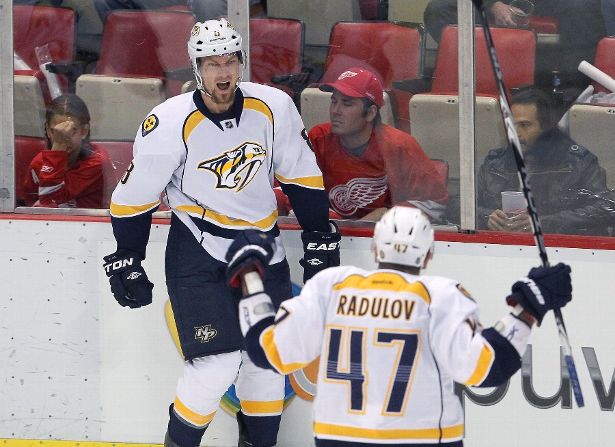Sometimes a tied game has an aftertaste of loss. There can be an outsized sensation of chances not met and opportunity unnecessarily granted to the opposition. In your gloom, you feel like your team may as well have lost. This was the case with the Portland Timbers’ recent derby match against the Vancouver Whitecaps (sidenote / rhetorical question: doesn’t the term “whitecap” almost always refer to waves and not mountains? Is this a Canadian thing? Or are they just using dictionary definition number 2?)
In a derby game, you want to drink the blood of your rivals. The game started off in a frenzied, physical manner. Passes went wild, tackles were constant; there were a lot of throw-ins and fouls called. This arrhythmic mode doesn’t suit the Timbers very well; they were, in the opening minutes, unable to maintain the kind of possession they need in order to mount their flowing attacks. As the game settled, however, the Timbers picked up and began to dominate the proceedings. Darlington Nagbe and Diego Valeri looked sharp, while Frederic Piquionne was replaced by Ryan Johnson early because of injury.
The Timbers went ahead in the opening couple of minutes of the second half, and it was well deserved. Ryan Johnson headed in a beautiful cross by Valeri; it was classy. It was the sort of fast, clean, open-play goal that good attacking teams strive for. But then, not much later, Vancouver scored off a corner kick, and it wound up 1-1. Coach Caleb Porter had this to say:
“I thought we were better. Again, we’re creating chances, a great goal … Games at this level, when you got two good teams, they’re going to be like this. You see it every week, especially as it gets closer and closer to the end of the year, as it gets to the playoffs, teams don’t play as open and they don’t gamble quite as much. Like I said, they’re just trying to pinch the game, they’re not trying to control the game. They clearly came in here to try and pinch the game, pinch a result, and fair enough, they did. They got a point. But we make the play on the corner, it’s a 1-0 game.”
You can sense his disappointment, which has a particular flavor to it. Possession-based teams, teams who whose method of winning entails controlling as much of the game as possible, hate losing to set pieces, and particularly hate losing on corner kicks. It can almost seem underhanded, to win or tie by a corner kick. Corner kicks are the stuff of drills and repetition; they’re the bread and butter of teams lacking technical talent, teams that can’t combine in the creative way necessary to score regularly from open play. As Porter said, had the Timbers set up properly for the corner, had they made the play, it would’ve been 1-0. You can read this comment in two ways: it’s blindingly obvious that had Portland defended better in that one instant they would’ve won. The second more charitable way of reading it is as a kind of aesthetic disappointment. Portland was trying to play the whole game. They wanted to win while in motion, their minds working. They were undone by a sliver of time during which they weren’t in control. Corner kicks are blunt and routine; you make a mistake and it’ll replay in your head, over and over, painfully clear. Like mispronouncing a common word.
But all is not lost. In fact, it was just a tie.
Add The Sports Daily to your Google News Feed!
